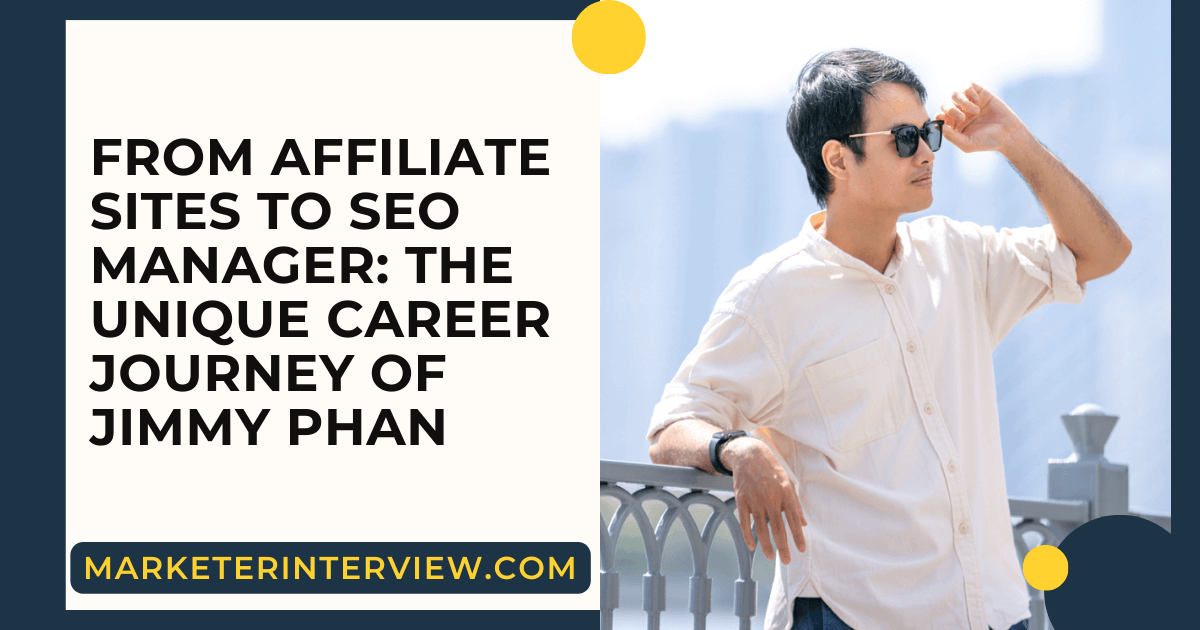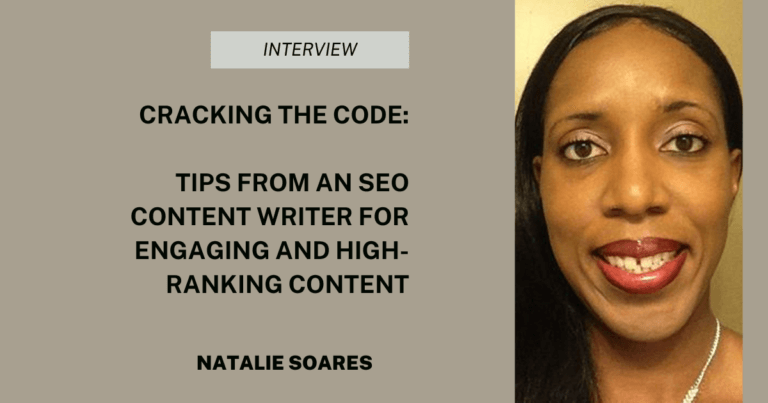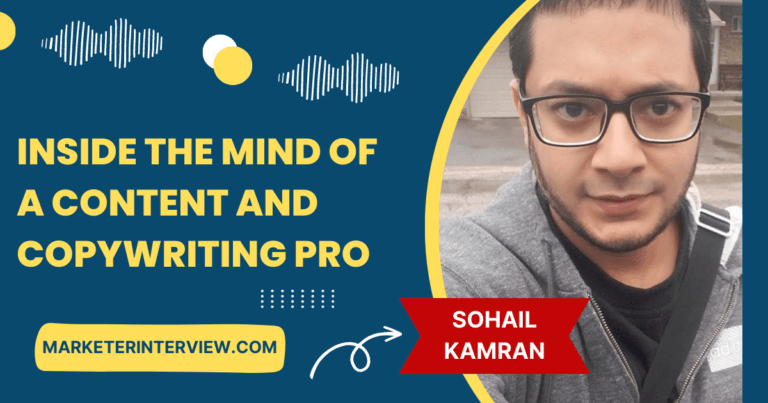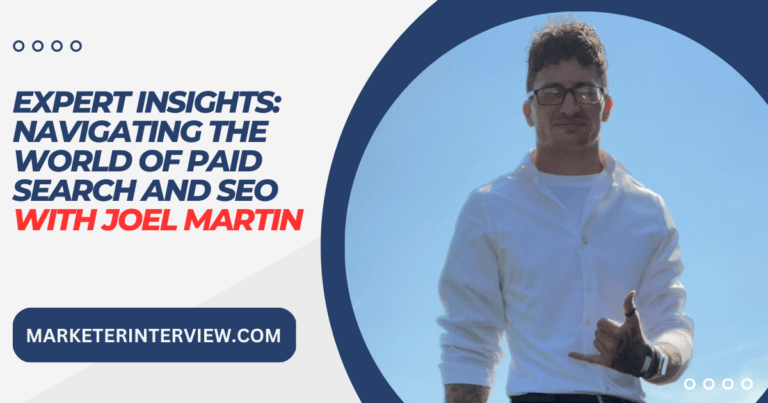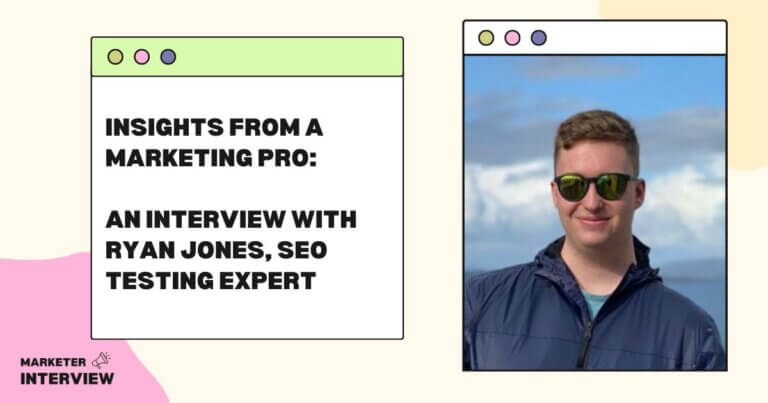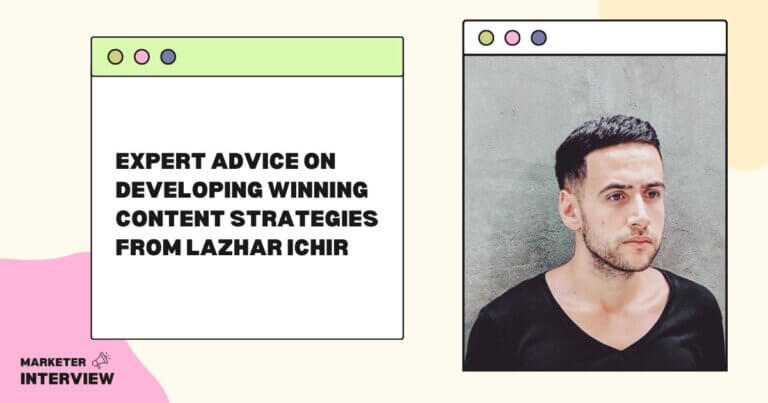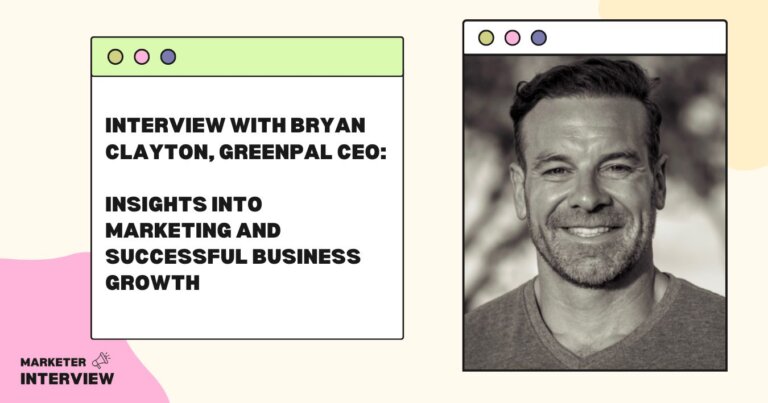From Affiliate Sites to SEO Manager: The Unique Career Journey of Jimmy Phan
In today’s competitive digital marketing landscape, marketers with diverse and well-rounded backgrounds are highly sought after.
Enter Jimmy Phan, an SEO manager at a U.S.-based agency with a unique career journey that spans PPC ads, affiliate marketing, coding, and full-stack development. With a Marketing degree under his belt, Jimmy’s passion for learning and experimentation led him to launch an authority blog and teach himself SEO.
In this interview, Jimmy shares insights into his unconventional path, how he stays on top of industry trends, and his advice for aspiring marketers looking to build a diverse skill set.
Contents
- 1 Can you tell us more about your experience running PPC ads for Southeast Asia’s largest fashion e-commerce site?
- 2 How did you teach yourself SEO and launch an authority blog?
- 3 Can you walk us through your experience with affiliate marketing and how it contributed to your career growth?
- 4 How did gaining coding skills enhance your career as a marketer?
- 5 What inspired you to transition from a full-stack developer to your current role as an SEO manager at a U.S based agency?
- 6 How do you keep up with the constantly evolving world of SEO and digital marketing?
- 7 Can you share a specific project or campaign that you are particularly proud of and why?
- 8 How do you approach the balance between technical SEO and content creation in your work?
- 9 Can you discuss the challenges and opportunities of working in both Southeast Asia and the United States in the digital marketing industry?
- 10 What advice would you give to someone looking to make a career transition within the marketing industry?
Can you tell us more about your experience running PPC ads for Southeast Asia’s largest fashion e-commerce site?
From my experience, the key to success in running PPC ads for the largest Southeast Asia fashion e-commerce site is setting up an effective campaign structure that covers all the products and categories offered (their product catalog is enormous).
Optimization was critical with a large ad budget ($3,000 daily), as even minor improvements could make a big difference. This involved constant monitoring and tweaking to ensure the campaign performed at its best. In addition, close collaboration with the local team was essential.
By staying up-to-date on new marketing campaigns, I adjusted my ad campaigns accordingly, ensuring they were well-aligned with broader marketing efforts and maximized their impact.
As someone with experience in PPC ads, SEO was a logical transition: SEO can be considered a form of free advertising with a great initial investment and a long-term perspective. I taught myself SEO by researching and learning from various online resources.
At the time, some of the most notable SEO-related blogs were Niche Pursuit and Pat Flynn’s Smart Passive Income, which popularized the model of building niche sites and using Amazon affiliate marketing to generate income. Given this context, it felt natural for me to build a blog.
Not only did it provide an opportunity to try my hand at making money, but it also allowed me to apply my SEO knowledge to good use. By creating high-quality content that was optimized for search engines, I was able to attract organic traffic and build a reputation as an authority in my niche. Overall, my experience in PPC ads and my self-guided approach to learning SEO enabled me to successfully launch and grow my authority blog.
Can you walk us through your experience with affiliate marketing and how it contributed to your career growth?
Well, my experience with affiliate marketing was actually quite transformative. The niche sites that I built were hugely successful, earning me twice my monthly salary and allowing me to pay off my student debt within a year – a feat that many of my peers took three years or more to achieve.
The success of my affiliate sites also gave me the freedom to pursue other passions and interests. I took a gap year to volunteer in exotic places like Sri Lanka, Egypt, China, and India, which was an incredibly enriching experience.
I also used this time to further my skills in coding, as I had always enjoyed automating repetitive tasks and saw coding as a skill of the future. To that end, I enrolled in a coding bootcamp and spent three months learning the basics of web development. After completing the Bootcamp, I landed a position as a full-stack developer, where I could hone my craft and gain valuable real-world experience in the field.
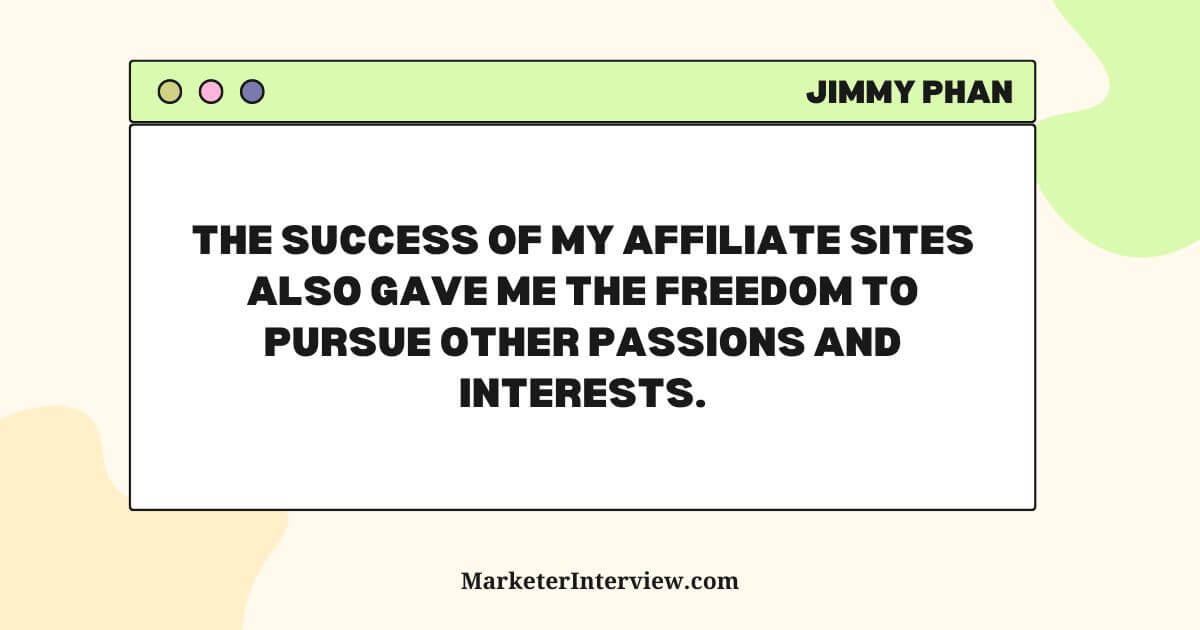
How did gaining coding skills enhance your career as a marketer?
Gaining coding skills has been a tremendous marketing asset to my career. I have always been interested in automating repetitive tasks and streamlining processes. Learning to code has allowed me to create custom tools and scripts that automate tasks like data scraping, analysis, and report generation.
Coding has also given me a deeper understanding of how websites and web applications work, which has been invaluable in my work as an SEO manager. I can better communicate with developers and understand how changes to a website’s code can impact its search engine rankings.
Additionally, my coding skills have opened up new opportunities for me in the field of digital marketing. With the growing importance of data-driven marketing, companies are increasingly looking for marketers with technical skills who can not only analyze data but also develop custom solutions to their unique challenges.
What inspired you to transition from a full-stack developer to your current role as an SEO manager at a U.S based agency?
First, I started coding relatively late in my career, around the age of 28. I knew that in the field of coding, it’s important to aim for a management position by the time you reach 30, as your learning capacity can start to diminish after that point.
Secondly, I had achieved my goal of learning to code and automating repetitive tasks, and I had a solid understanding of how to communicate effectively with web developers. This gave me the confidence to transition back to a field that I knew well: SEO.
Overall, my transition from full-stack developer to SEO manager was a natural progression in my career, allowing me to use my skills and knowledge in a fulfilling and challenging way.
How do you keep up with the constantly evolving world of SEO and digital marketing?
As the world of SEO and digital marketing constantly evolves, I must stay up-to-date with the latest trends and strategies.
One of the ways I keep up is by reading industry blogs and publications, such as Moz, Search Engine Journal, and HubSpot.
I also attend webinars and conferences to learn from industry experts and network with other professionals. I am constantly experimenting and testing new strategies to see what works best for my clients.
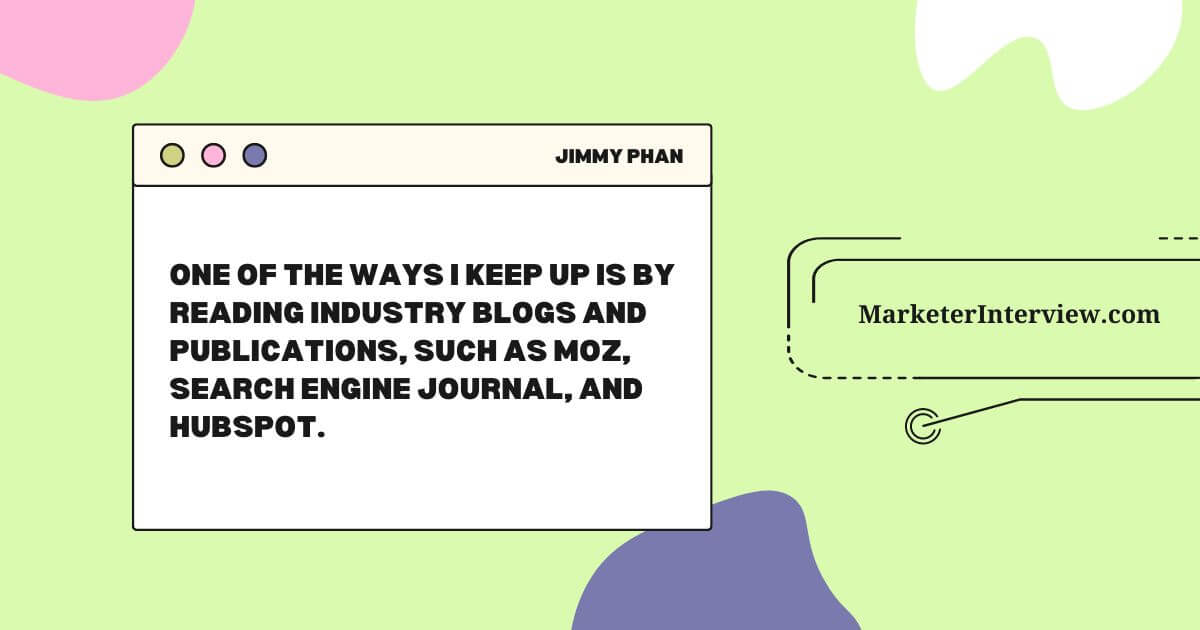
Sure, one project that I am particularly proud of was for a client in the lifestyle e-commerce niche. They were looking to increase their online sales and improve their overall digital presence.
After conducting a thorough analysis of their website and current marketing strategies, I recommended implementing a content marketing campaign that focused on creating engaging and informative blog posts related to their products.
We worked with a team of writers to create high-quality content that provided value to the reader while also promoting the client’s products. We also optimized their website for SEO, ensuring that their content was easily discoverable by search engines. Additionally, we ran targeted PPC ads to drive traffic to their website and promote their products.
The results were impressive – the client saw a significant increase in online sales and overall website traffic. They also received positive feedback from their customers, who appreciated the informative and engaging content we had created. It was a great example of how a strategic and integrated approach to digital marketing can drive real business results.
How do you approach the balance between technical SEO and content creation in your work?
Balancing technical SEO and content creation is crucial to achieving success in digital marketing. I approach this balance by first ensuring that the website’s technical foundation is strong, such as having clean code, fast loading times, and mobile responsiveness.
This technical foundation is essential for search engines to crawl and index the site properly. Once the technical aspects are taken care of, I focus on content creation that is high-quality and engaging, and optimized for search engines. This includes conducting keyword research and ensuring the content contains relevant keywords, meta descriptions, and titles.
Technical SEO and content creation work together to achieve the best results. For example, having a well-structured website and clean URLs can enhance the user experience and help with content organization. Similarly, high-quality content that provides value to the user can lead to more backlinks and improve the website’s overall authority.
Can you discuss the challenges and opportunities of working in both Southeast Asia and the United States in the digital marketing industry?
Working in both Southeast Asia and the United States comes with unique challenges and opportunities. As an SEO manager at an agency in the US, the Philippines, and Vietnam, I have had the opportunity to work with US-based clients while being based in Vietnam most of the time.
The major challenge is dealing with the time zone difference, which can sometimes make communication difficult. However, the advantage of working remotely is that I can manage my schedule and work from anywhere with an internet connection.
Another challenge is navigating cultural differences between Southeast Asia and the US. While digital marketing principles remain the same, there can be differences in how they are applied in different cultures. However, this also presents an opportunity to learn from and adapt to different cultural perspectives.
One of the benefits of working for an agency with a presence in multiple countries is the opportunity for travel. I have occasionally traveled to the US to accompany the sales team for client pitches. This has allowed me to meet clients face-to-face and better understand their needs and goals.
What advice would you give to someone looking to make a career transition within the marketing industry?
I advise someone looking to make a career transition within the marketing industry to stay curious and continuously learn new things, even in unrelated fields. You never know what skills may come in handy in your new role.
Networking is also essential – it’s not just about what you know, but who you know. Attend industry events, connect with professionals on LinkedIn, and be bold and contact people for informational interviews.
Lastly, always be professional and showcase your skills to the best of your ability. You never know when an opportunity may arise from someone being impressed by your work. Keep an open mind and be ready to seize any unexpected opportunities that may lead you to the career transition you never thought possible.
